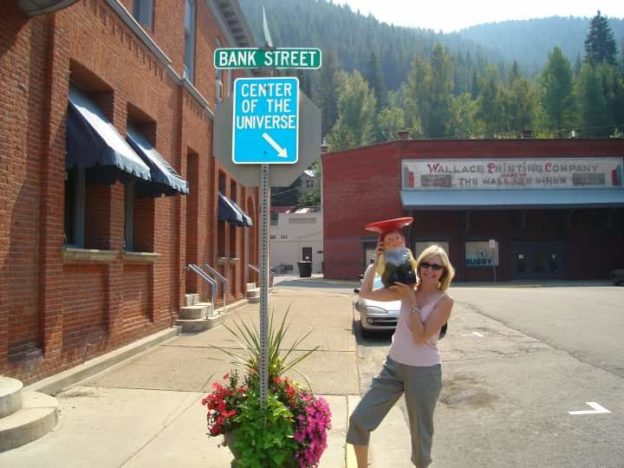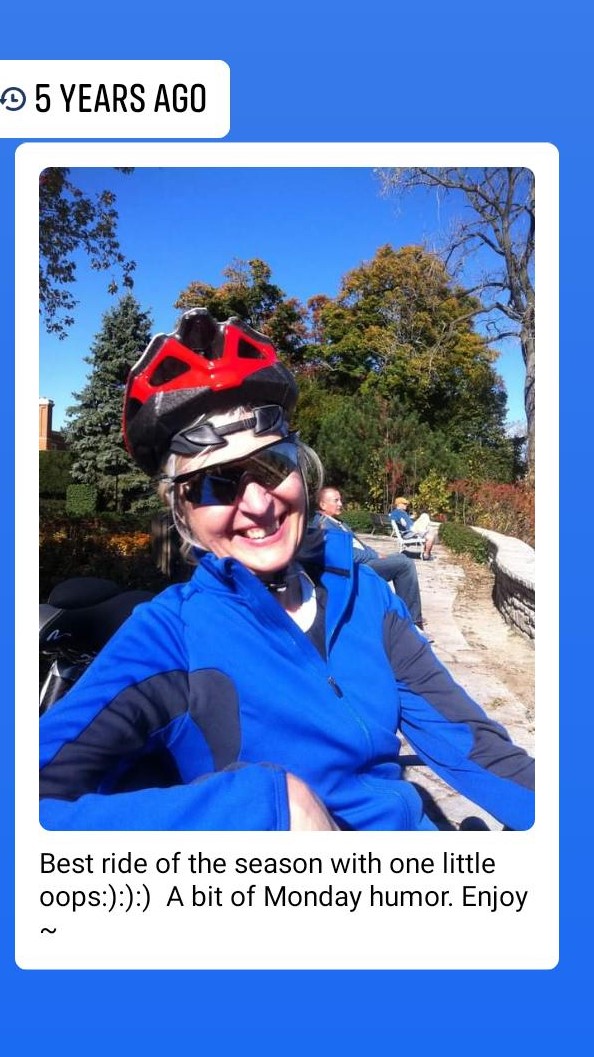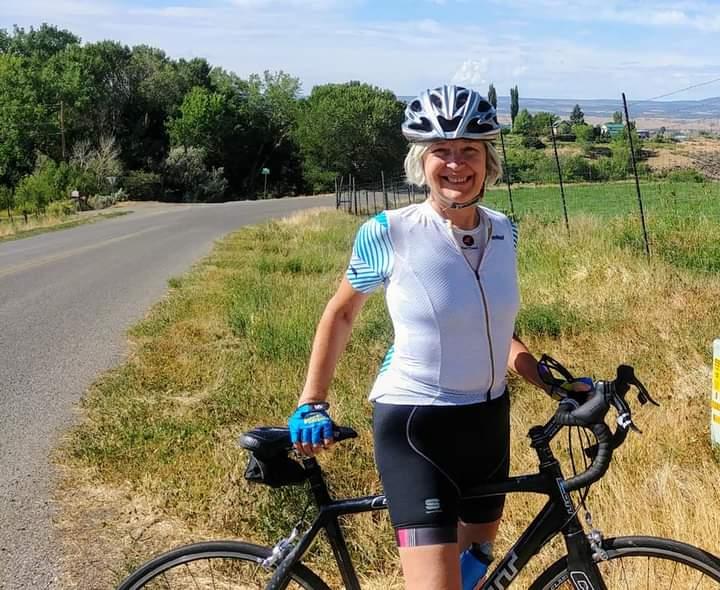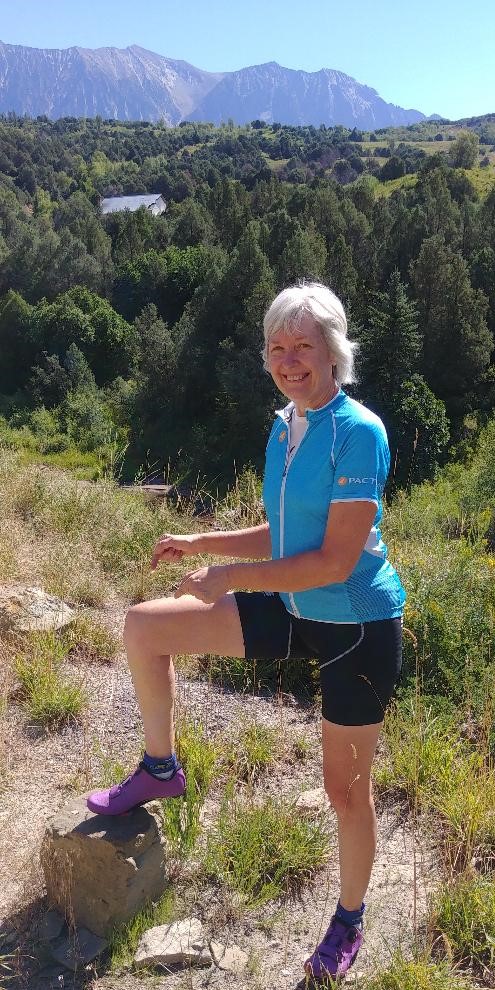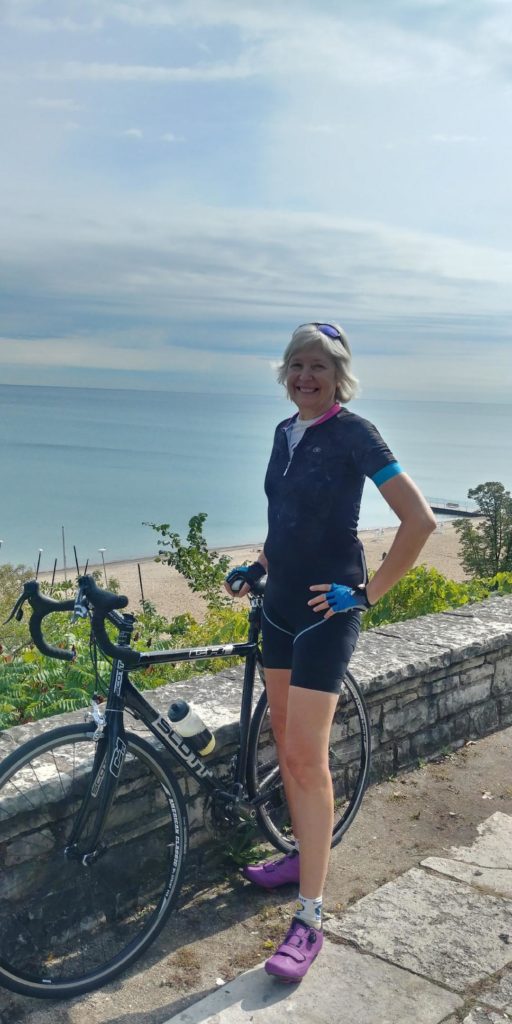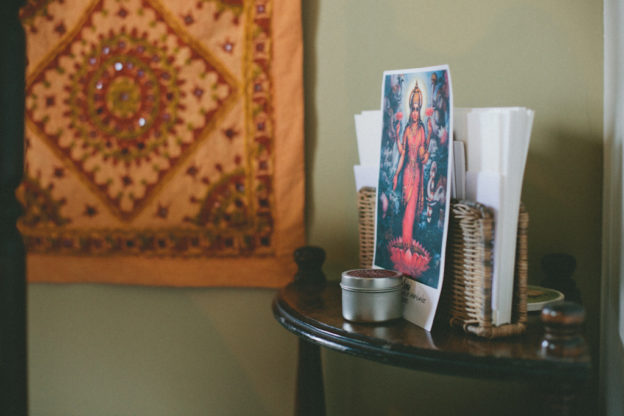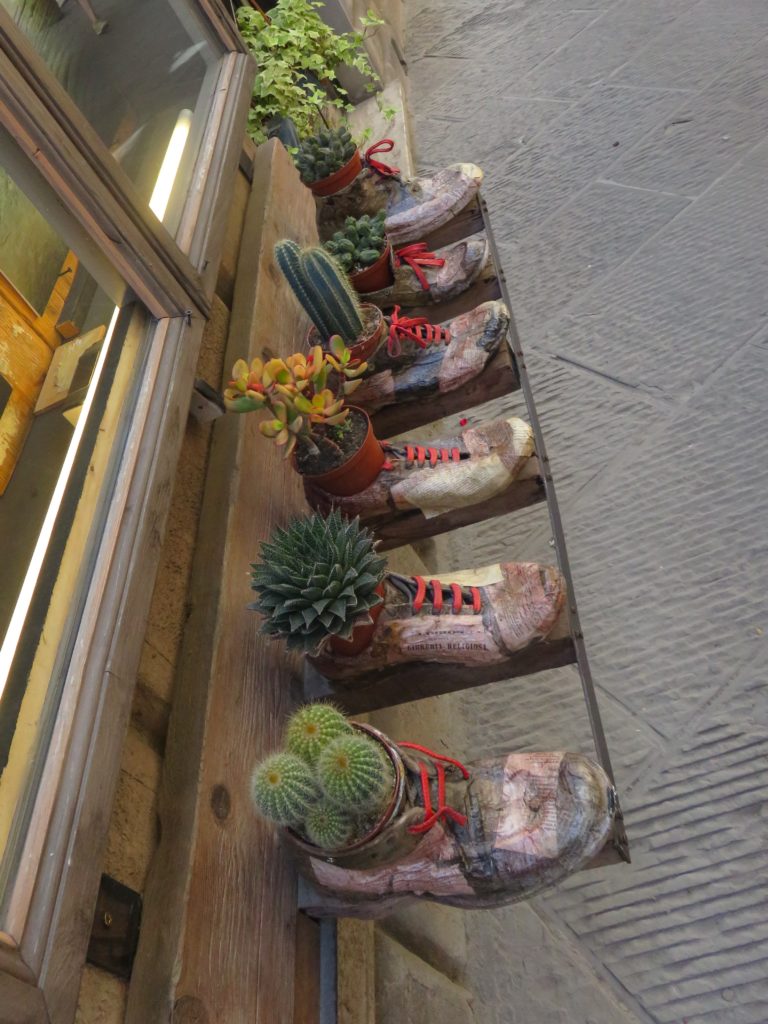In 2006, after conversations with our college-aged daughters, we distributed or sold most of our belongings and I headed off to the Pacific Northwest with my car, clothes, computer, a gnome and a lamp. In the interest of full disclosure, I was accompanied on the journey west by a friend who was also a therapist.
I packed three principles, which I still hold dear, for the adventure.
Principle One: “The plan is no plan.”
Principle Two: “I do everything by feel.”
Principle Three: “I let things come to me.”
The first and third I learned in Tai Chi class and the second – well, it just “came to me.”
Principle One turned out to be a godsend when the person I had arranged to rent a room from listed the property for sale nine days after my arrival.
When it was suggested that I look for a place in Olympia, Principle Two came into play. Olympia didn’t feel right. Whidbey Island did. So, I headed north in search of a place to stay.

As luck would have it, I found a rather hidden place on the island where I had stayed previously. The owner was in a hurry to catch a ferry and handed me the keys on her way out. Principle Three: The keys had come to me.
Having lived a life of plans from the moment a future partner drew a timeline of our lives on a cocktail napkin to the development and execution of one strategic plan after another, I was planned out. Living with no plan was as invigorating as the maritime air drifting in the open Whidbey Island library windows because it allowed me to be present and flow.
When I let go of what I thought should happen or wanted to make happen, there was space for magic and because I was not attached to a particular outcome, I had time to discern whether or not a situation or choice felt right.
Having no plan and letting things come to me didn’t mean I sat on the sofa all day eating bonbons. It meant there was space for things to unfold.
In time, it came to me that as wonderful as Whidbey Island is, I am not an island dweller. (Ferry schedules require too much planning.) Around that time, someone I had met with six months earlier, contacted me with a consulting opportunity. The position came to me and I moved to the city I would call home for the next seven glorious years until it came to me that it was time to move back to the Midwest to be closer to family.
Once again, I distributed most of the belongings I had accumulated, packed up my car, clothes, computer, gnome and lamp and drove back in the company of a dear friend who understood just how difficult it was going to be for me to leave.
Freeing as these principles sound, following them isn’t necessarily easy. It requires courage, patience (which has never really been a virtue) and trust. Lots and lots of trust. As we navigate the first, and I hope, only global pandemic in our lifetimes and face dizzying climate and geo-political changes, these principles – as unconventional as they may seem – allow me to remain grounded, open, and curious – most of the time. States of being I’ve found not just helpful, but energizing and alive.
Whatever principles guide you; I hope they bring you comfort, joy and well-being. And, if you haven’t dusted yours off in a while, perhaps now is the time.

